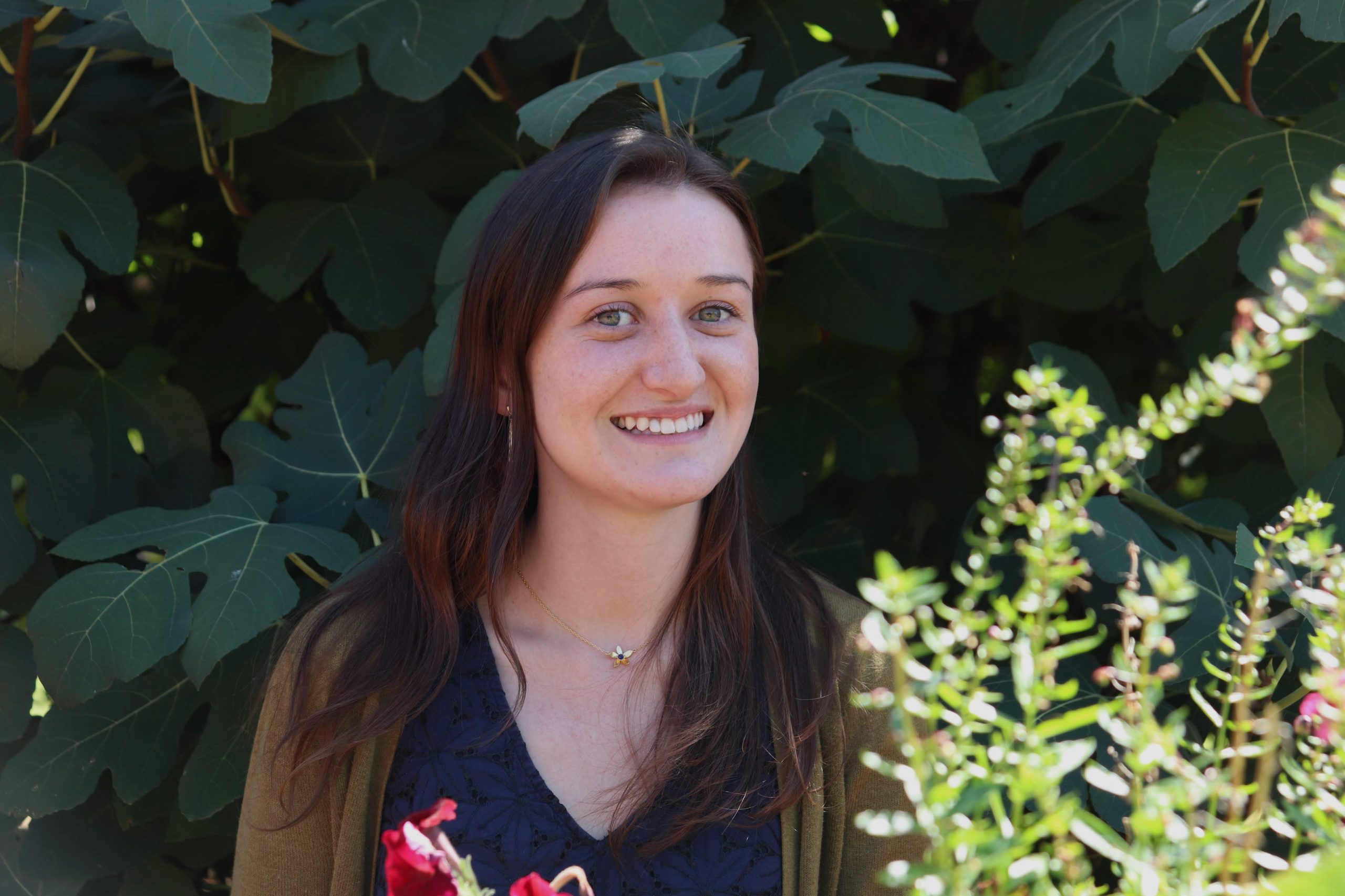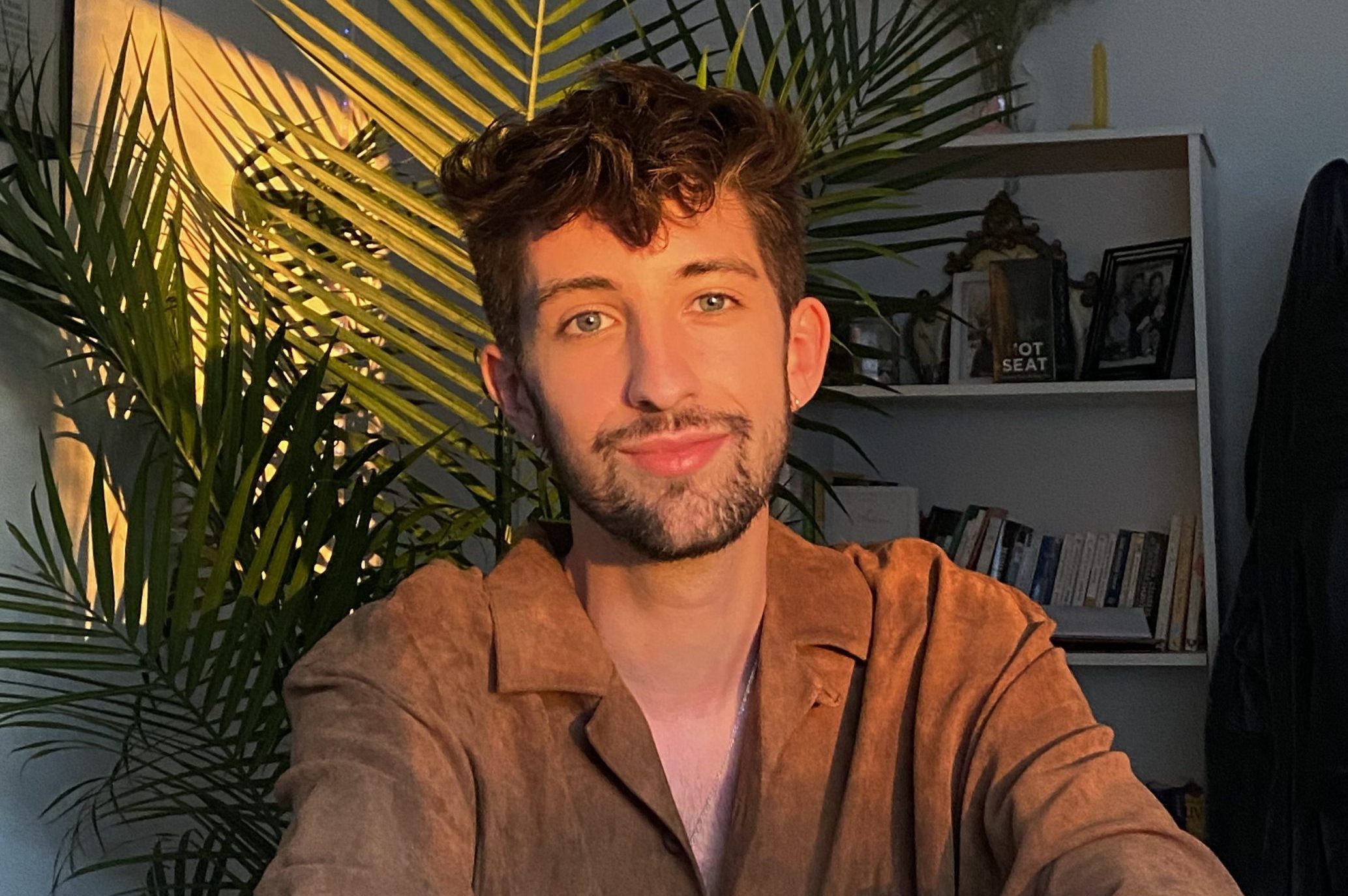2022 Catherine H. Beattie Fellowship in Conservation Horticulture Awardees
Each year, The Garden Club of America (GCA) and the Center for Plant Conservation (CPC) award the Catherine H. Beattie Fellowship in Conservation Horticulture to graduate students in biology, horticulture, or a related field. The purpose of the award is “to promote conservation of rare and endangered flora in the United States, with preference given to students whose projects focus on the endangered flora of the Carolinas and southeastern United States.” The fellowship was established to honor Catherine H. Beattie, who served as a director and board member of the GCA and as president from 1981 to 1983. The first fellowship was given by the Fullerton Foundation in 1983.
The Fellowship provides one annual research grant of up to $4,500 as compensation for work at a botanical garden, jointly serving the program of CPC and the student’s curricular studies.
This year, we are thrilled to award the Catherine H. Beattie Fellowship in Conservation Horticulture to Kira Lindelof and Thomas Wiegand.

Kira Lindelof
Project: Examining the Roles of Temperature, Precipitation and Soil Type on the Growth of the Endangered Houstonia montana (Rubiaceae).
Kira Lindelof is a doctoral student in the Department of Plant and Microbial Biology at North Carolina State University. She received her bachelor’s degree at the University of North Carolina at Asheville, where her passion for rare plant conservation began. Her dissertation research is broadly focused on the conservation biology of the endangered Roan Mountain Bluet (Houstonia montana) – a rare herb endemic to high-elevation rocky summits of the Appalachian Mountains. Using genomic, field, and growth chamber studies, Kira aims to expand the current understanding of the species’ ecology with the intention to guide conservation and management efforts.
Thomas Wiegand
Project: Measuring growth plasticity in response to light in two rare Asters: to investigate the ability of two rare asters, Helianthus verticillatus and H. longifolius, to successfully acclimate to varied light conditions through plastic responses.
Thomas Wiegand is pursuing a master’s degree in environmental science at the University of Tennessee at Chattanooga, under the advisement of Dr. Jennifer Boyd, and is supported by the National Science Foundation’s Graduate Research Fellowship Program. His research focuses on the ecological and evolutionary drivers of plant rarity, with a current focus on rare, native sunflower species. His work compares plasticity in rare and common congeners (plants of the same genus) that are subjected to various environmental stressors associated with habitat loss, land-use change, anthropogenic climate change, and other factors influencing the persistence of native rare plants.
